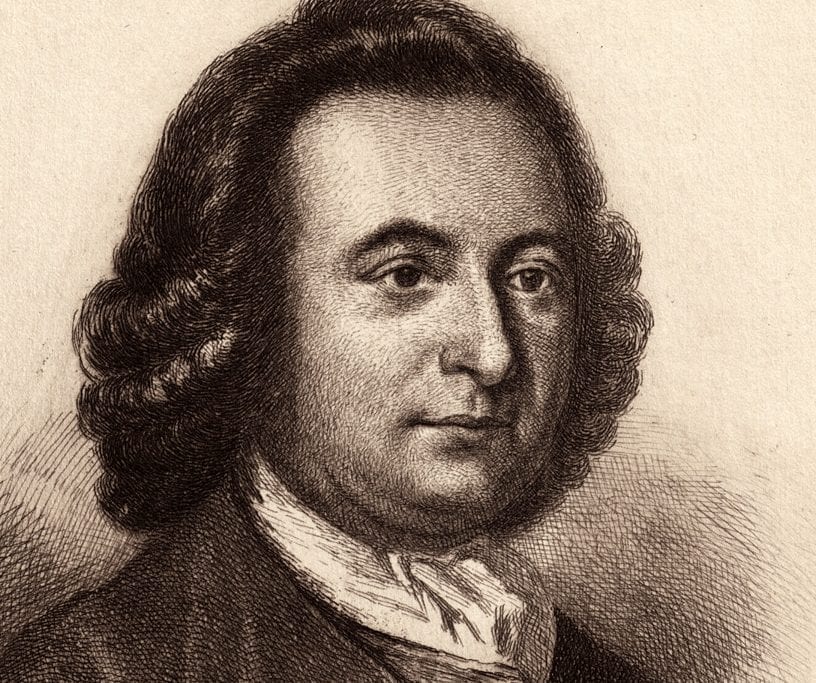Introduction for Act I: The Alternative Plans
This letter is part of a collection of letters written at the beginning of the Constitutional Convention. You can find a list of all letters in this collection here.
The Constitutional Convention was scheduled to begin on May 14, 1787, but on that date only eight delegates, four from Pennsylvania and four from Virginia, had arrived in Philadelphia. Lacking the necessary quorum, the delegates adjourned until a sufficient number of states were in attendance. As reflected in several of these letters, those who arrived promptly expressed frustration with the delays caused by the absence of other delegates.
By May 17, the remaining members of the Virginia delegation had assembled and began drafting the Virginia Plan. As delegates from other states gradually arrived throughout the following weeks, the Virginia delegation shared its proposal, establishing a foundation for the state’s active role in the Convention proceedings. While Virginia sought to build momentum, some states grew apprehensive of the Virginia Plan. George Read, a delegate from Delaware, shared concerns in private correspondence with a fellow delegate, writing, “I suspect it to be of importance to the small States that their deputies should keep a strict watch upon the movements and propositions from the larger States, who will probably combine to swallow up the smaller ones by addition, division, or impoverishment.” Although official proceedings would not begin for several more days, Read foreshadowed tensions that would grow in the early debates.
Enough states were represented by May 25 to meet the quorum, allowing official Convention proceedings to begin. The delegates first elected George Washington as president and William Jackson as secretary. Within the initial days, the Committee of Rules established ten rules for the Convention, including the notable secrecy rule which stipulated that “nothing spoken in the house be printed, or otherwise published or communicated without leave.” This rule was intended to “secure unbiased discussion…and prevent misconceptions;” however, delegates varied in their adherence to this rule in private correspondence. Still, as suggested by Act I letters, correspondence sent before the secrecy rule provided more detailed accounts of the Convention than those sent afterward.
On May 29, Edmund Randolph formally introduced the Virginia Plan to the Convention as a proposal to revise the Articles of Confederation. While the plan featured fifteen points, three key elements included: excluding states from roles in representation and elections; significantly reducing state powers in favor of expanding Congressional authority; and establishing a national government with legislative, executive and judicial branches, those in the legislative and executive branches serving specified terms. Over the following weeks, extensive discussion and debates led delegates to recognize that the Convention would extend longer than initially anticipated. They also began to realize that simply revising the Articles of Confederation would not be an adequate solution to the nation’s challenges.
As later Act I letters indicate, the delegates remained optimistic despite prolonged debates. They believed that an agreement would ultimately develop, resulting in a new framework for the national government that would strengthen federal authority, and ensure political and economic stability, while fostering greater unity among the states.




































































































































































































































![Finley, A. (1829) Pennsylvania. Philada. [Map] Retrieved from the Library of Congress, https://www.loc.gov/item/98688548/.](/content/uploads/2024/02/Map-of-PA--273x190.jpg)



































































































































































































